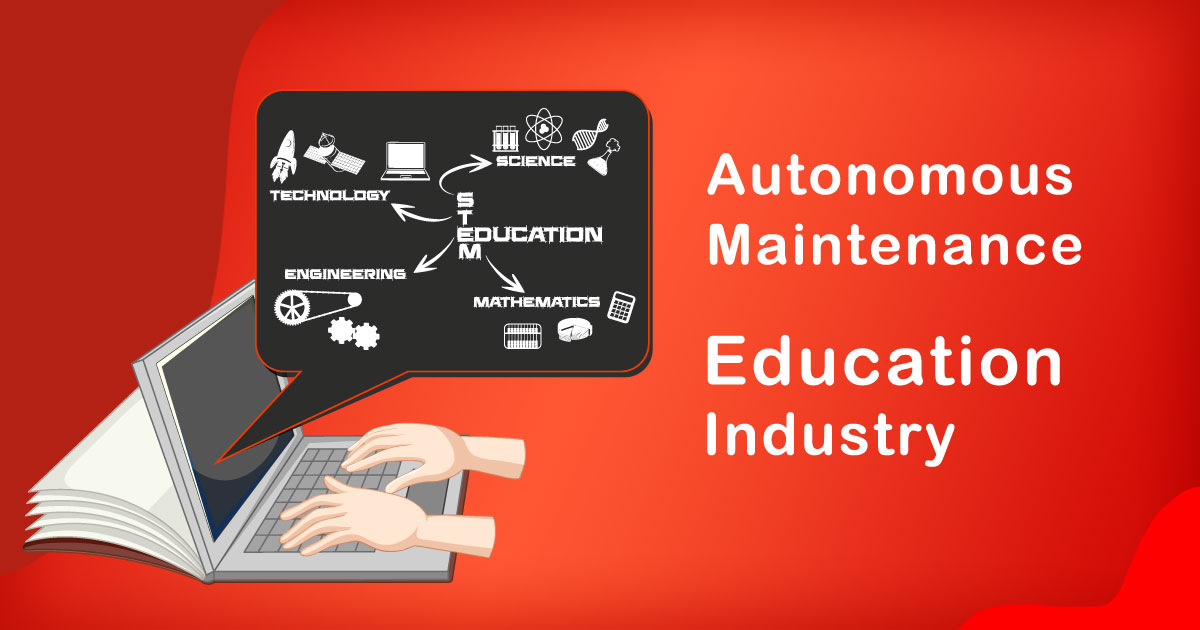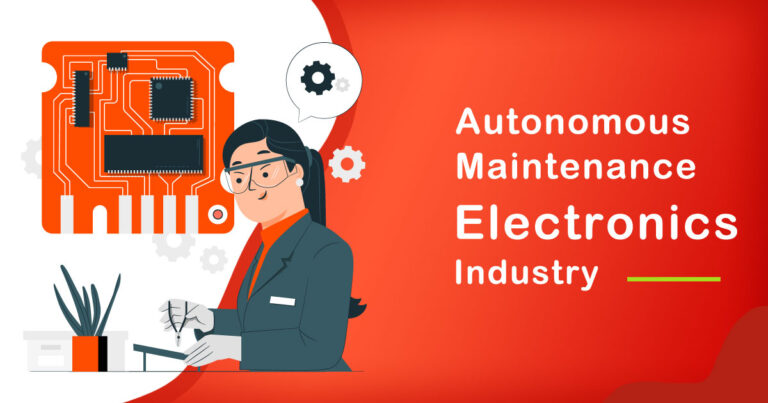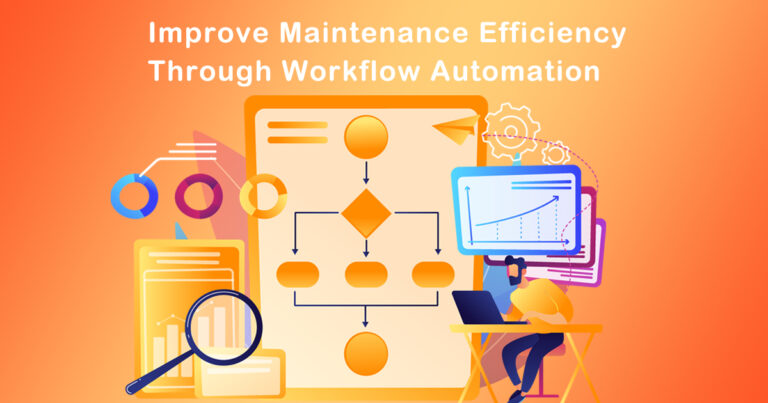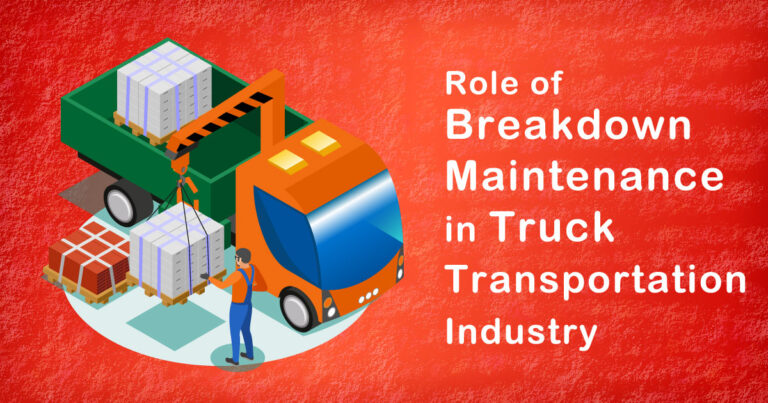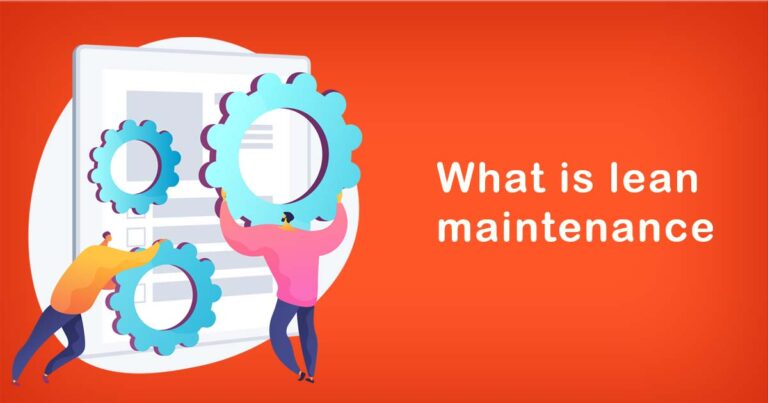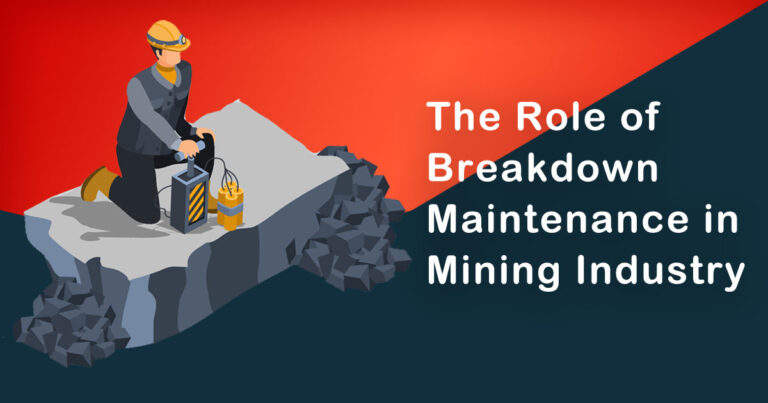Introduction
The landscape of the Indian education industry has experienced transformative changes in recent years, largely fueled by advancements in technology. One such innovation that has emerged as a game-changer is autonomous maintenance. While traditionally associated with industries like manufacturing and engineering, autonomous maintenance is now making significant inroads in education. This article explores the pivotal role played by autonomous maintenance in revolutionizing the Indian education sector, backed by research and facts.
Understanding Autonomous Maintenance:
Autonomous maintenance is a methodology that empowers individuals to take responsibility for the upkeep and optimization of equipment, processes, or systems they work with. The concept originated in the manufacturing sector with the goal of reducing downtime, enhancing productivity, and maximizing the lifespan of machinery. However, its potential applications in the education industry are becoming increasingly evident.
Empowering Educators:
In the context of education, autonomous maintenance refers to empowering educators and administrators to take ownership of the learning environment. Through this approach, they can actively identify areas that require improvement, address issues promptly, and create a conducive atmosphere for effective teaching and learning.
Research indicates that when educators are given the autonomy to manage their classrooms and teaching methodologies, student engagement and learning outcomes improve significantly. By embracing autonomous maintenance principles, teachers can better adapt their strategies to suit individual student needs, leading to enhanced learning experiences.
Enhancing Technological Infrastructure:
Technology has become an integral part of modern education, and autonomous maintenance can play a pivotal role in maintaining and optimizing this technological infrastructure. In a country as vast and diverse as India, ensuring that digital resources, such as online learning platforms and smart classrooms, are functioning optimally is crucial.
By adopting autonomous maintenance practices, educational institutions can reduce system downtime, address technical glitches promptly, and ensure a seamless digital learning experience for students. Moreover, this proactive approach can save both time and financial resources, allowing institutions to allocate more resources to academic development.
Fostering a Culture of Continuous Improvement:
The philosophy of continuous improvement lies at the heart of autonomous maintenance. When applied to the education industry, this concept can lead to remarkable advancements in teaching methodologies, curriculum design, and overall institutional development.
Educational institutions that embrace autonomous maintenance foster a culture of innovation and learning. Teachers and administrators are encouraged to experiment with new ideas, evaluate their effectiveness, and make data-driven decisions. This approach not only enhances educational outcomes but also instills a sense of ownership and commitment among the staff.
The Role of Data in Autonomous Maintenance:
Data is the foundation of autonomous maintenance. By leveraging analytics and insights, educational institutions can gain a deeper understanding of their strengths and weaknesses. Analyzing student performance, feedback, and other relevant data enables institutions to identify areas that require improvement and devise targeted interventions.
Moreover, data-driven decision-making enables educators to personalize learning pathways for students, ensuring each learner receives tailored support and guidance. This individualized approach to education can significantly improve student retention and satisfaction rates.
Conclusion:
The integration of autonomous maintenance principles in the Indian education industry marks a significant shift towards a more dynamic and innovative educational ecosystem. Empowering educators, enhancing technological infrastructure, and fostering a culture of continuous improvement are just a few of the benefits that this approach offers.
As technology continues to evolve, so will the role of autonomous maintenance in education. Institutions that embrace this methodology will be better equipped to adapt to the changing needs of learners and provide a future-ready education. The potential of autonomous maintenance to revolutionize education in India is vast, and its implementation promises to create a brighter and more successful future for both educators and students alike.


